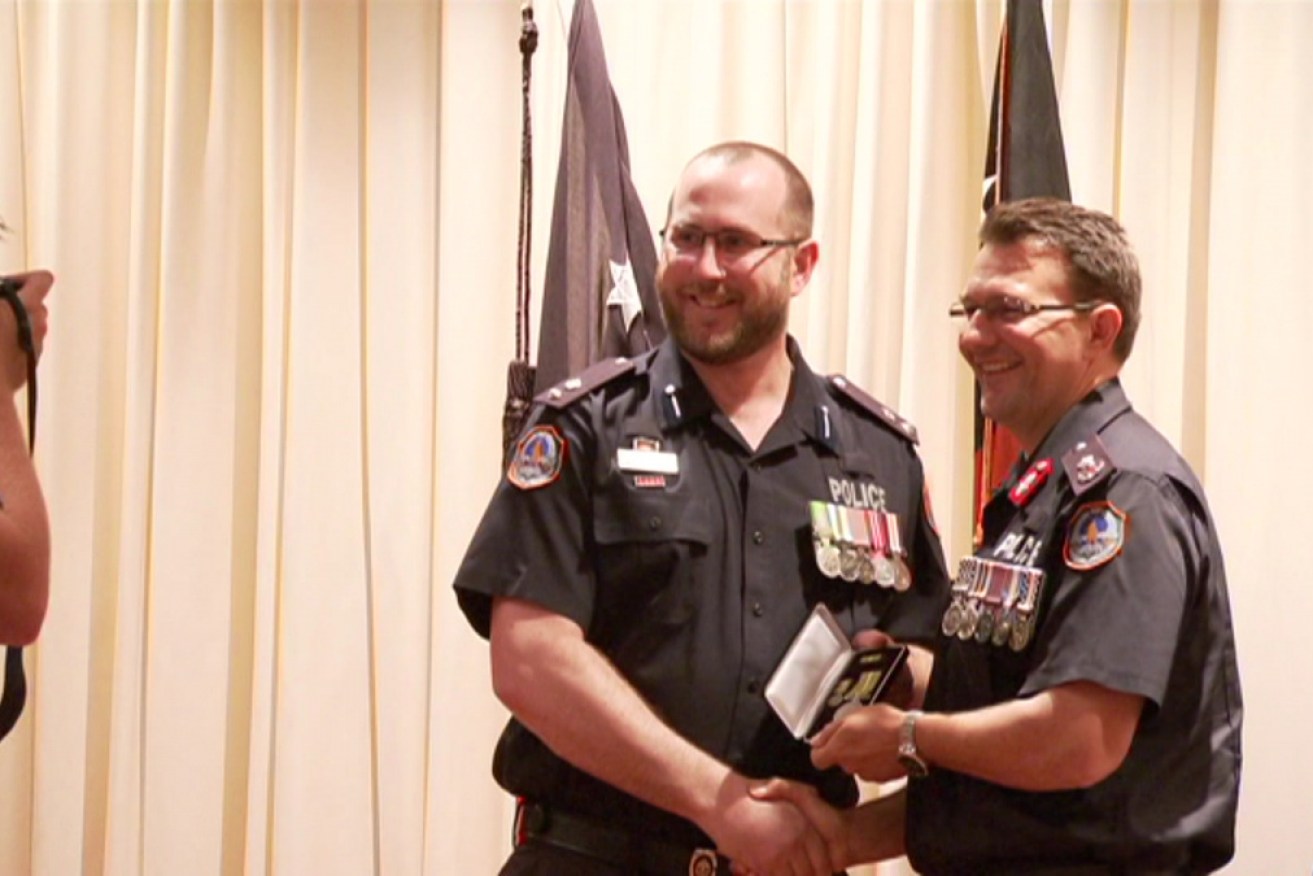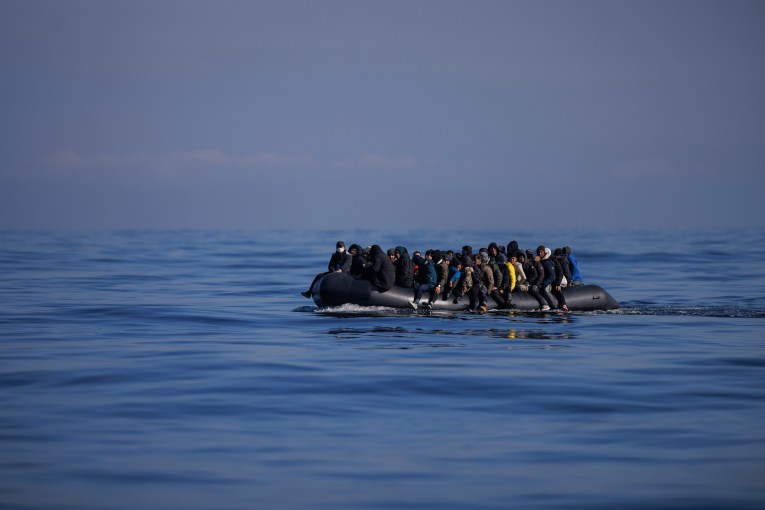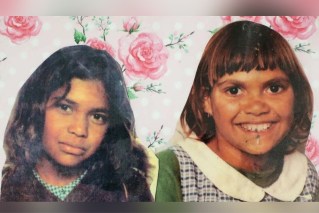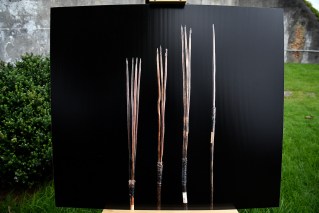AFP war crimes taskforce boss believed to have left shortly after being appointed

Brad Currie (left) worked under Reece Kershaw in the NT Police, with one AFP figure describing Commander Currie as the Commissioner's "captain's pick". Photo: ABC News
The head of a special taskforce overseeing federal police investigations of alleged Australian war crimes in Afghanistan is believed to have left his position within months of being appointed last year.
Law enforcement figures have revealed Commander Brad Currie quit his role running the Australian Federal Police’s (AFP) Special References Taskforce, soon after being hand-picked in 2020 by Commissioner Reece Kershaw.
In September, Commissioner Kershaw announced the experienced major crime investigator, who had previously served under him in the Northern Territory Police Force, would lead the AFP’s new taskforce.
Now the AFP is refusing to answer questions about Commander Currie’s position, including whether he still serves in the organisation, citing “privacy” reasons.
One AFP member, who spoke to the ABC on the condition of anonymity said “it was just super fast – in one minute, gone the next — probably less than three months”.
Another AFP figure described Commander Currie as the Commissioner’s “captain’s pick” and said the reasons for his sudden departure had not been widely disclosed across the force.
A spokesperson for the AFP declined to answer a series of questions from the ABC.
“The AFP’s current war crimes investigations remain the responsibility of the AFP Counter Foreign Interference and Special Investigations (CFISI) command,” the spokesperson said.
“As these are ongoing matters it is not appropriate to make further comment.”
Asked specifically whether Commander Currie was still a member of the AFP, the spokesperson replied: “For privacy reasons we do not comment on our members.”
Afghanistan embassy closure ‘not ideal’
It comes as the head of a new office probing alleged Australian war crimes has detailed the problems faced by his body as the security situation in Afghanistan continues to deteriorate.
In January, the Office of the Special Investigator (OSI) was established to examine the evidence uncovered by last year’s Brereton inquiry, which recommended 19 soldiers be investigated for the “murder” of 39 Afghan prisoners and civilians.
Appearing at a Senate Estimates hearing late on Tuesday, OSI Director-General Chris Moraitis outlined the various challenges presented by the Taliban’s resurgence in Afghanistan and the imminent withdrawal of western militaries.

Chris Moraitis said a decision to close Australia’s embassy in Kabul was “not ideal” for his office’s war crimes investigation. Photo: Australian government
Mr Moraitis revealed the OSI now had 28 full-time staff, while engaging other lawyers from the Australian Government Solicitor and was training another 24 investigators and analysts.
“As we go forward we’ll have arrangements and protocols, whereby we will be working seamlessly with the AFP,” he told senators.
The OSI Director-General also said a decision to close Australia’s embassy in Kabul was “not ideal” for the investigation.
“Clearly, having access to Afghanistan and witnesses in Afghanistan is important … the closure of the embassy would not be ideal, however, we have contingencies,” Mr Moraitis told the committee.
Doctor Carrie McDougall from the University of Melbourne Law School says authorities appear to be realising just how difficult it will be to investigate historic war crime allegations in a foreign jurisdiction.
“I think we can expect this investigation to get more and more complicated and to take even longer than was originally anticipated,” she said.
-ABC








